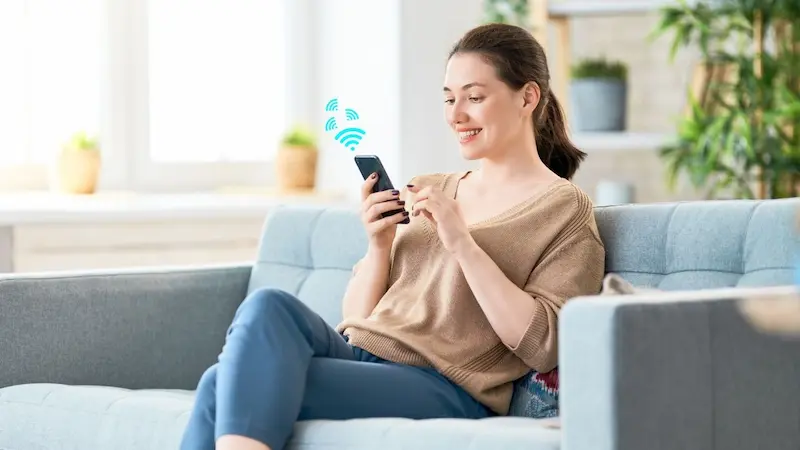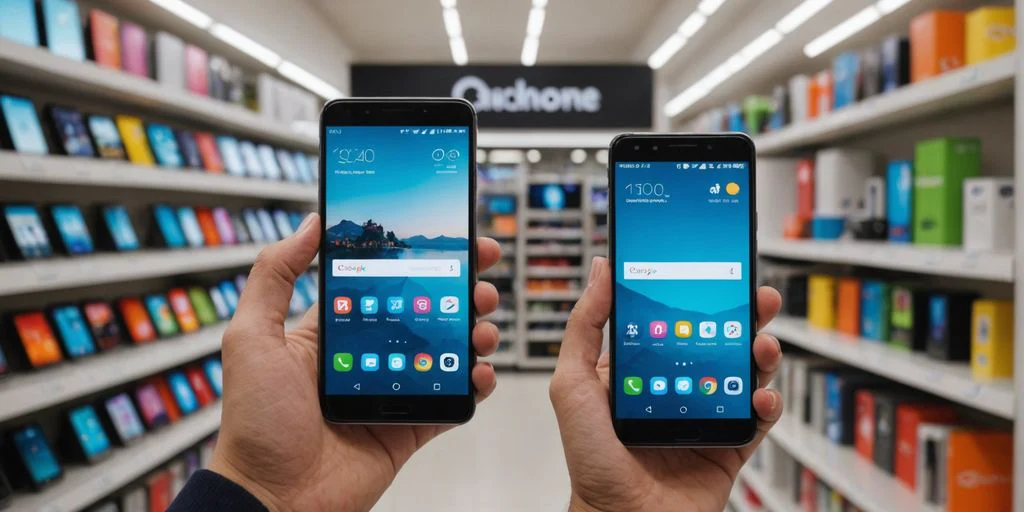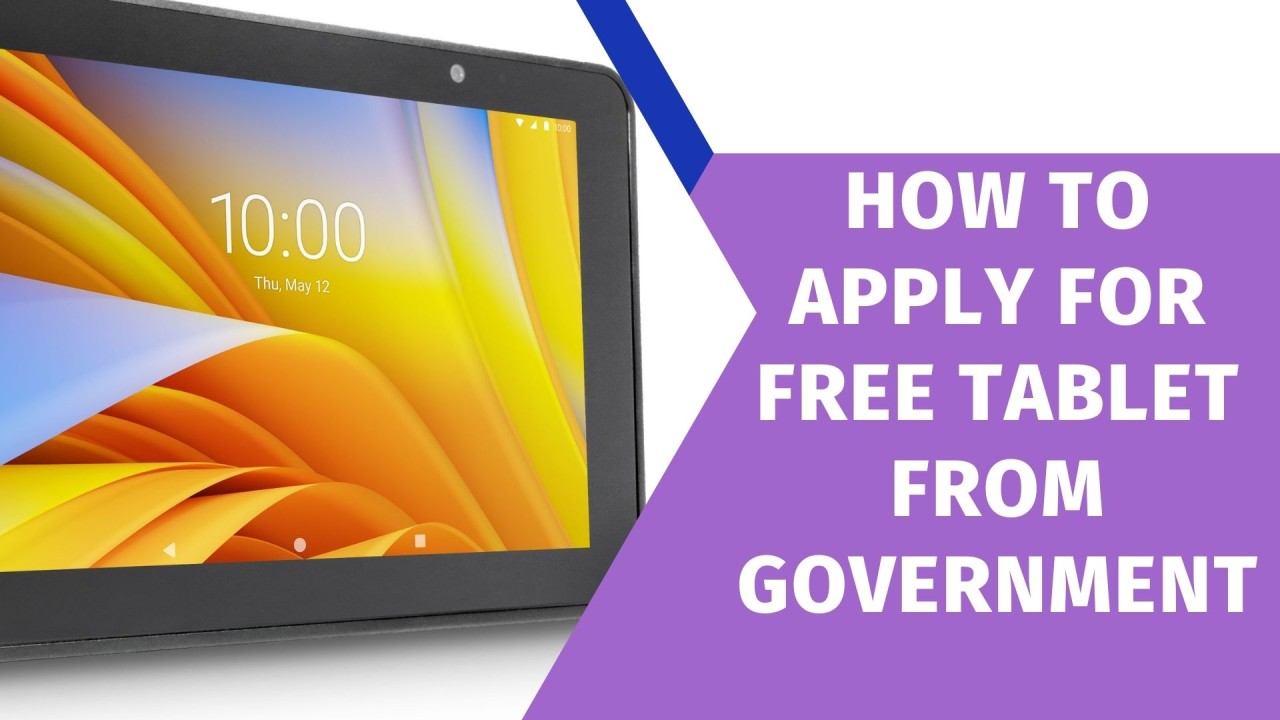Improving Engagement and Motivation
Gamified Learning Experiences
Tablets allow for gamified learning, a method that has been proven to boost student engagement. By incorporating elements of games such as points, rewards, and levels, educational apps turn learning into an exciting challenge. This approach taps into students' natural love for competition and accomplishment, motivating them to stay engaged with the material and work harder to master new concepts.
Subjects that may traditionally be perceived as boring, such as mathematics or history, can become more interactive and fun when presented through games. Students can play math-based puzzles, solve riddles, or participate in history quizzes, all of which make learning feel like a more enjoyable experience rather than a chore.
Real-Time Feedback and Progress Tracking
Another benefit of tablets in the learning process is the ability to provide real-time feedback to students. Many educational apps and programs offer immediate feedback on assignments, tests, and quizzes, helping students understand where they have made mistakes and where they can improve. This instant feedback encourages students to continue working on their weaknesses and celebrate their successes.
Moreover, many apps track a student's progress over time, allowing them to set goals and see their improvement. This creates a sense of accomplishment and boosts student motivation. By using tablets, students can easily monitor their progress and adjust their study habits accordingly, resulting in better academic outcomes.
Engaging Visual and Audio Content
Tablets excel in providing rich multimedia content, such as videos, animations, and podcasts, which can help explain complex concepts in a more accessible and engaging way. Visual and audio learning methods cater to different learning styles, ensuring that students can learn in the way that works best for them.
For example, a student struggling with understanding the process of photosynthesis can watch a short animated video explaining the concept, or listen to a podcast discussing the topic in detail. This multimedia approach not only makes learning more interesting but also helps students retain information more effectively.

Next Page
You May Also Like
-

How Residents in HUD Housing Can Get Free Internet
How HUD housing residents can access free or low-cost internet. Explore government programs, nonprofit resources, affordable providers, and practical steps for securing internet access.
-

Seasonal Promotions: When to Look for Free Cell Phones and Tablets
-

Free Smartphones for Seniors: A Comprehensive Guide
In today’s digital age, access to a smartphone is essential for staying connected with family, friends, and necessary services. For seniors, free smartphones provide not only an opportunity to maintain communication but also access to vital resources, health information, and social networks.
Popular Blog
-

Affordable Alternatives When You Don’t Qualify for Free Government Phones in the U.S.
Don’t qualify for a free government phone like Lifeline? This article explores affordable options for staying connected. Discover prepaid plans, discounted deals, the used phone market, and how to leverage free Wi-Fi and community resources to maintain essential communication on a budget.
-

How to Get a Free Tablet from Government Programs
In this article, we’ll explore these programs, the types of tablets you can get, and the carriers currently participating in these initiatives.
-

How to Check Your Eligibility for Free Cell Phones and Services
Learn how to check your eligibility for free cell phones and services through programs like Lifeline and ACP. Discover income-based requirements, application steps, and benefits.





